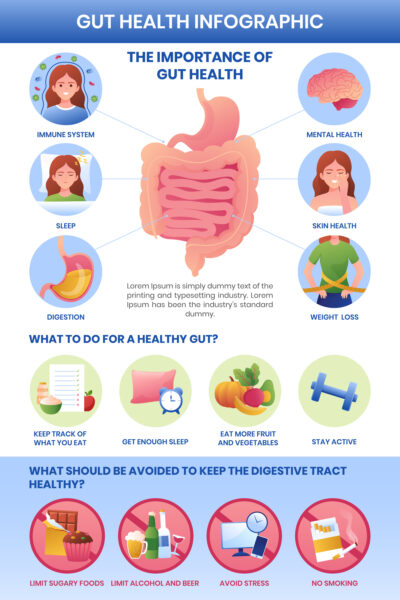
Acid reflux, also known as gastroesophageal reflux disease (GERD), is a common condition that causes a burning sensation in the chest, often referred to as heartburn. While medication is commonly used to manage symptoms, some people seek natural remedies to alleviate discomfort. One such remedy is green tea, which has been praised for its potential to soothe digestive issues. In this blog post, we explore how green tea may help manage acid reflux and provide tips on incorporating it into your daily routine.

Understanding Acid Reflux: Before delving into how green tea can help, it’s essential to understand acid reflux. This condition occurs when the lower esophageal sphincter (LES), a ring of muscle between the esophagus and stomach, weakens or relaxes abnormally, allowing stomach acid to flow back into the esophagus. This backflow of acid can cause irritation and inflammation, leading to symptoms such as heartburn, regurgitation, and chest pain.
How Green Tea May Help: Green tea is rich in polyphenols, such as catechins and epigallocatechin gallate (EGCG), which have antioxidant and anti-inflammatory properties. These compounds may help protect the esophagus from damage caused by stomach acid and reduce inflammation, potentially alleviating symptoms of acid reflux.
Green tea also contains the amino acid L-theanine, which has been shown to promote relaxation and reduce stress. Since stress and anxiety can exacerbate acid reflux symptoms, consuming green tea may help relax the body and mind, potentially reducing the frequency and severity of reflux episodes.

Tips for Using Green Tea to Manage Acid Reflux:
- Choose the Right Tea: Opt for high-quality, organic green tea to ensure you’re getting the full benefits. Avoid green tea blends with added ingredients that may aggravate acid reflux, such as citrus or mint.
- Limit Caffeine Intake: Green tea contains caffeine, which can relax the LES and worsen acid reflux symptoms in some people. If you’re sensitive to caffeine, consider opting for decaffeinated green tea or limiting your intake to one to two cups per day.
- Time Your Tea Consumption: To avoid triggering acid reflux symptoms, it’s best to consume green tea between meals rather than on an empty stomach or immediately after eating. Allow at least 30 minutes to an hour between drinking green tea and eating a meal.
- Monitor Your Symptoms: While green tea may provide relief for some, it may worsen symptoms for others. Pay attention to how your body responds and adjust your consumption accordingly. If you notice that green tea exacerbates your acid reflux, consider reducing or eliminating it from your diet.
- Maintain a Healthy Lifestyle: Green tea should be viewed as part of a holistic approach to managing acid reflux. Eating a balanced diet, maintaining a healthy weight, and avoiding trigger foods and beverages can also help reduce symptoms.

Green tea offers potential benefits for managing acid reflux, thanks to its antioxidant, anti-inflammatory, and stress-reducing properties. However, it’s essential to listen to your body and consult with a healthcare professional if you experience persistent or severe acid reflux symptoms. By incorporating green tea into a balanced lifestyle, you may find relief from acid reflux and enjoy its numerous health benefits.

